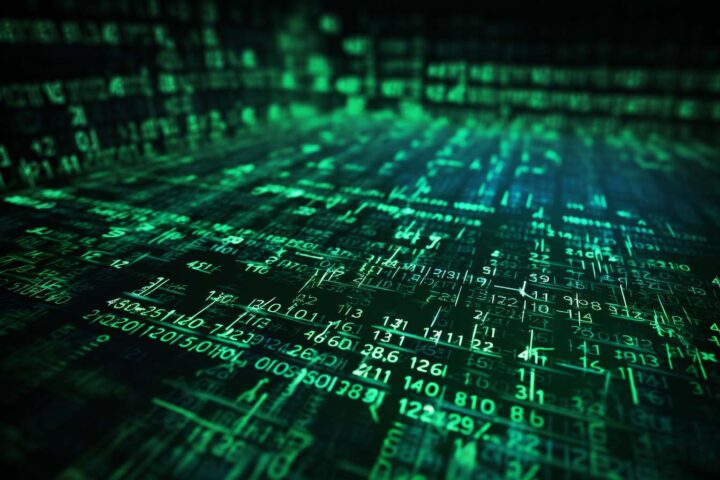TLDR:
A bipartisan bill has been introduced by Senators Tom Carper and Todd Young that would require the IRS to implement barcode technology to speed up the tax filing process and save money for the agency. The bill would instruct the IRS to use 2-D barcode technology that will minimize errors and make it easier and faster to convert paper-based returns into a digital format. The introduction of this legislation comes after recommendations from the National Taxpayer Advocate and the Government Accountability Office for a similar barcode solution.
Senators Tom Carper and Todd Young have introduced a bipartisan bill that aims to improve the efficiency of the IRS tax filing process. The Barcode Automation for Revenue Collection to Organize Disbursement and Enhance (BARCODE) Efficiency Act would require the IRS to implement barcode technology to speed up the processing of tax returns. By using 2-D barcode technology, the bill aims to minimize errors and make it easier and faster to convert paper-based returns into a digital format.
The senators highlight that millions of Americans are waiting for months or even years for the IRS to process their tax returns. The introduction of barcode technology would help to reduce errors, improve efficiency, and ensure that taxpayers are served more effectively. They point out that some state tax agencies have already been using barcode technology for years and that it has proven successful in accelerating tax filing processes.
The bill follows recommendations made by the National Taxpayer Advocate and the Government Accountability Office for a similar barcode solution. The senators argue that the current manual transcription process used by the IRS to process paper returns is outdated and inefficient, leading to significant delays and costs for the agency. The introduction of barcode technology would align with the IRS’s plans to modernize processing protocols and efficiently clear backlogs.
The implementation of barcode technology would not only improve the efficiency of the IRS but also save money for the agency. By minimizing errors and streamlining the conversion of paper-based returns into digital format, the IRS would be able to process tax returns more quickly and accurately, ultimately benefiting millions of American taxpayers.
Overall, the introduction of the Barcode Automation for Revenue Collection to Organize Disbursement and Enhance (BARCODE) Efficiency Act aims to modernize the tax filing process by implementing barcode technology. This bipartisan bill has the potential to significantly improve the efficiency and accuracy of tax return processing, leading to faster refunds for taxpayers and cost savings for the IRS.







